Optimal Timing for Waterproofing Applications
Waterproofing is a critical process that protects structures from water intrusion, preventing damage and deterioration. Timing plays a vital role in ensuring the effectiveness and longevity of waterproofing applications. Properly scheduled waterproofing can extend the lifespan of buildings and reduce maintenance costs over time.
Spring and early fall are ideal due to moderate temperatures and lower humidity levels, which facilitate proper curing and adhesion of waterproofing materials.
Avoid waterproofing during extreme cold, heat, or rainy periods, as these conditions can compromise the application and effectiveness of waterproofing products.
Ensure surfaces are dry, clean, and free of debris before application. Proper surface preparation enhances adhesion and durability.
Applying waterproofing at appropriate times can prevent costly repairs caused by water damage, mold growth, and structural weakening.
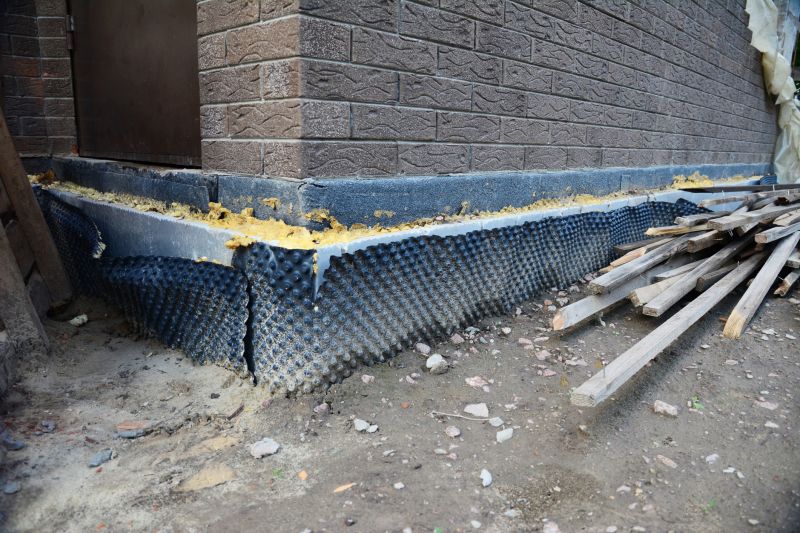
Ways to make Waterproofings work in tight or awkward layouts.
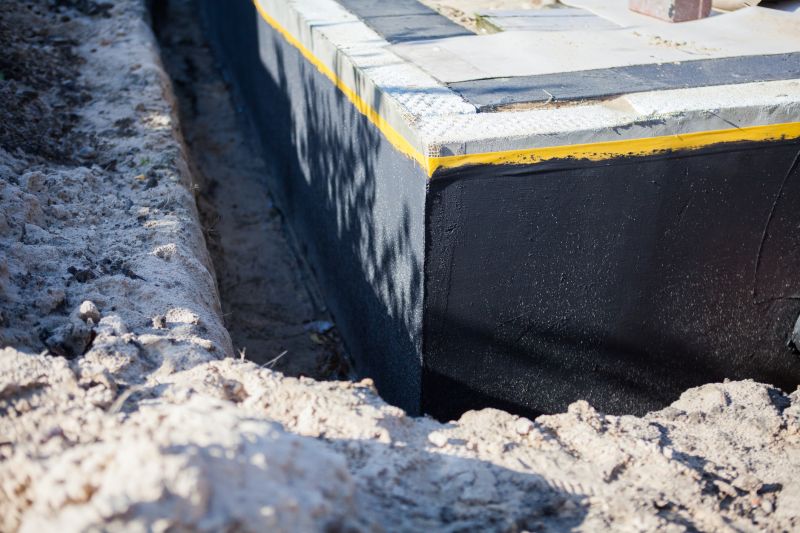
Popular materials for Waterproofings and why they hold up over time.
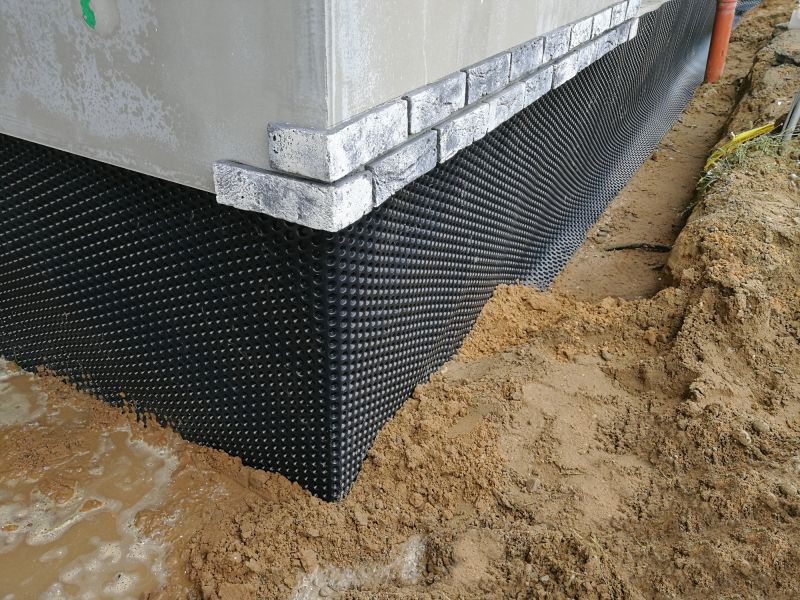
Simple add-ons that improve Waterproofings without blowing the budget.
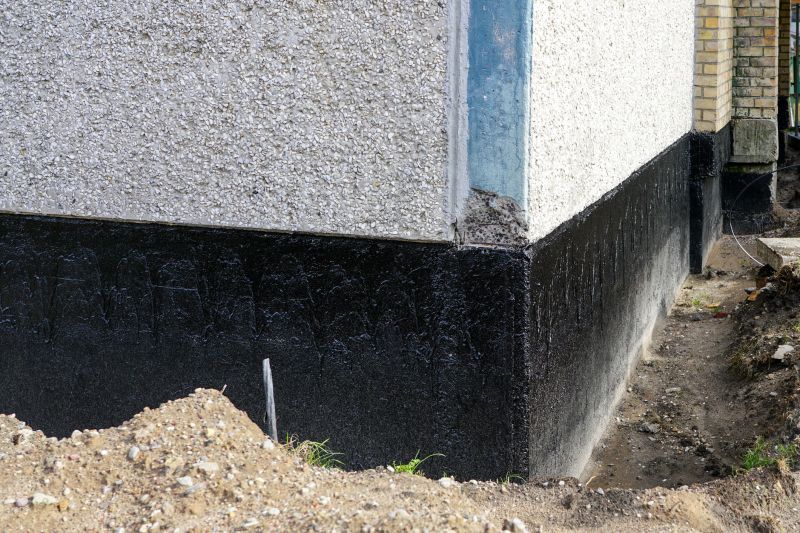
High-end options that actually feel worth it for Waterproofings.
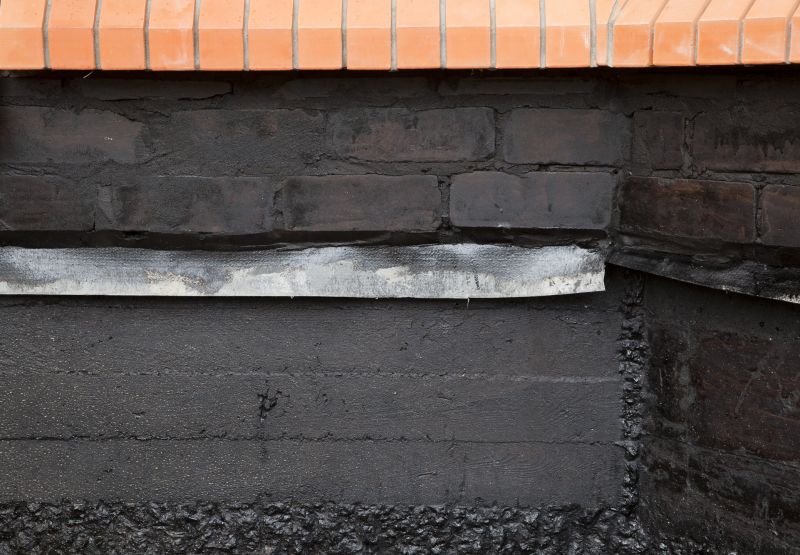
Finishes and colors that play nicely with Waterproofings.
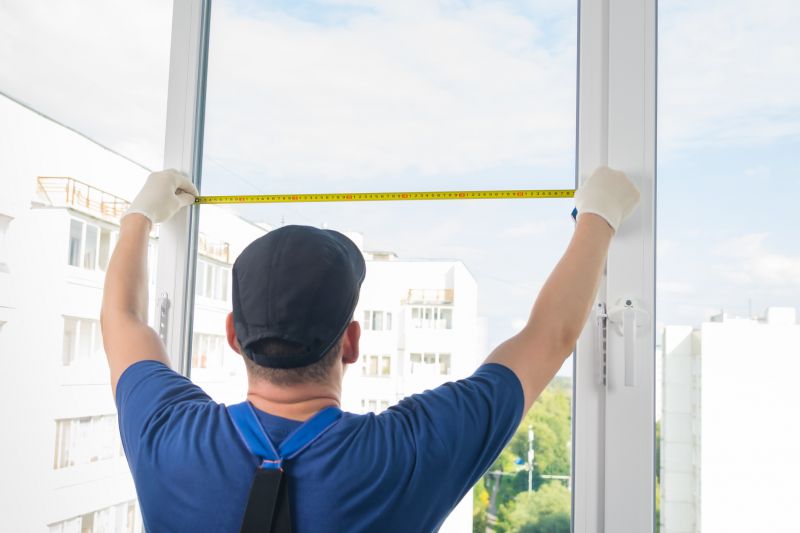
Little measurements that prevent headaches on Waterproofings day.
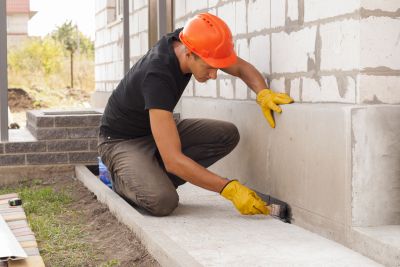
A 60-second routine that keeps Waterproofings looking new.
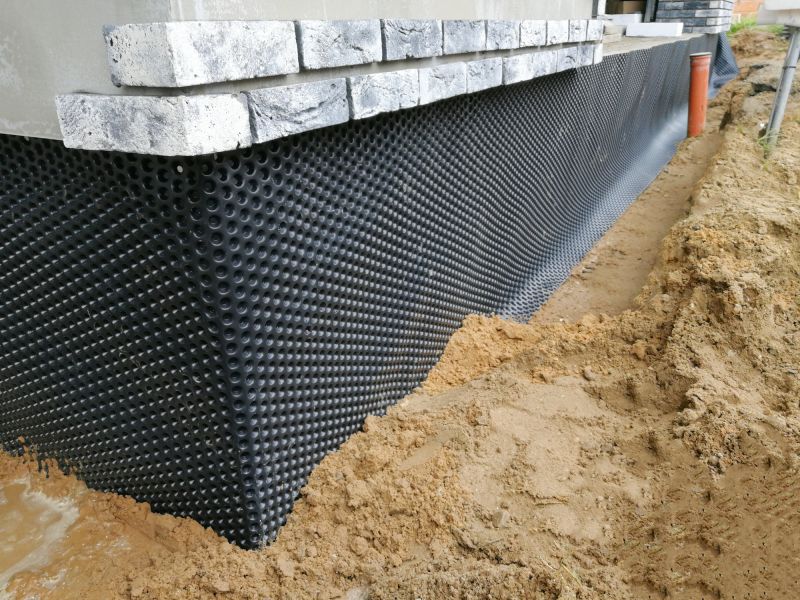
A frequent mistake in Waterproofings and how to dodge it.
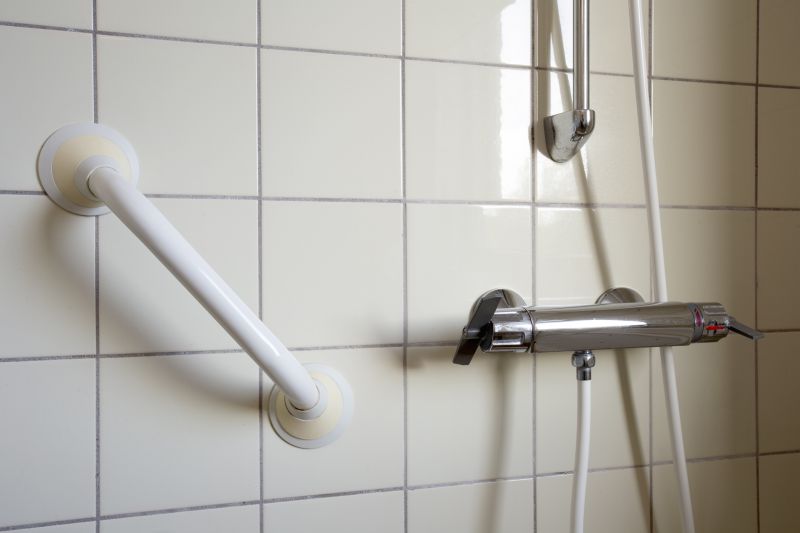
Small tweaks to make Waterproofings safer and easier to use.
| Season | Best Practices |
|---|---|
| Spring | Ideal for new waterproofing applications due to moderate temperatures. |
| Summer | Suitable if early morning or late evening applications are planned to avoid heat. |
| Fall | Optimal for reapplications as temperatures cool and humidity decreases. |
| Winter | Generally not recommended due to freezing temperatures and high moisture levels. |
| Rainy periods | Avoid applying waterproofing during rainy weather to prevent wash-off and poor adhesion. |
Waterproofings are essential for protecting buildings from water intrusion, which can cause structural damage, mold growth, and interior deterioration. Proper timing ensures the application process is effective, with environmental conditions supporting optimal adhesion and curing. Waterproofing techniques include coatings, membranes, and sealants, each suited for different surfaces and exposure levels.
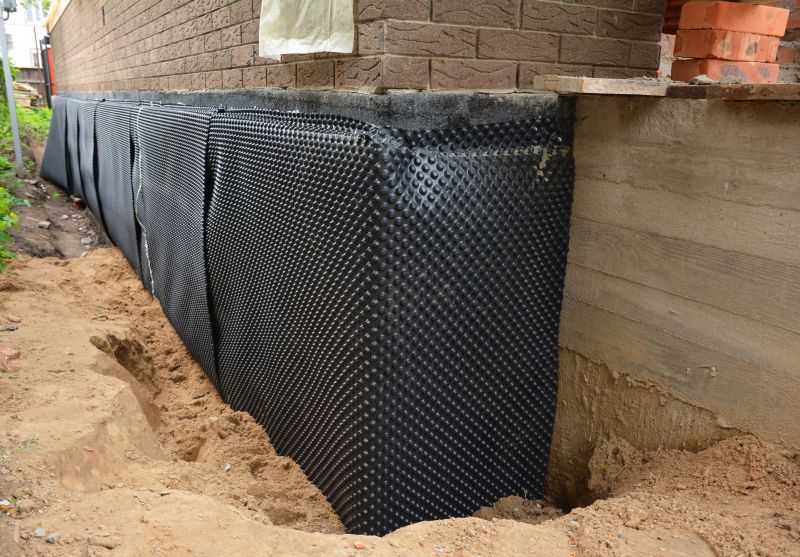
Lower-waste or water-saving choices for Waterproofings.
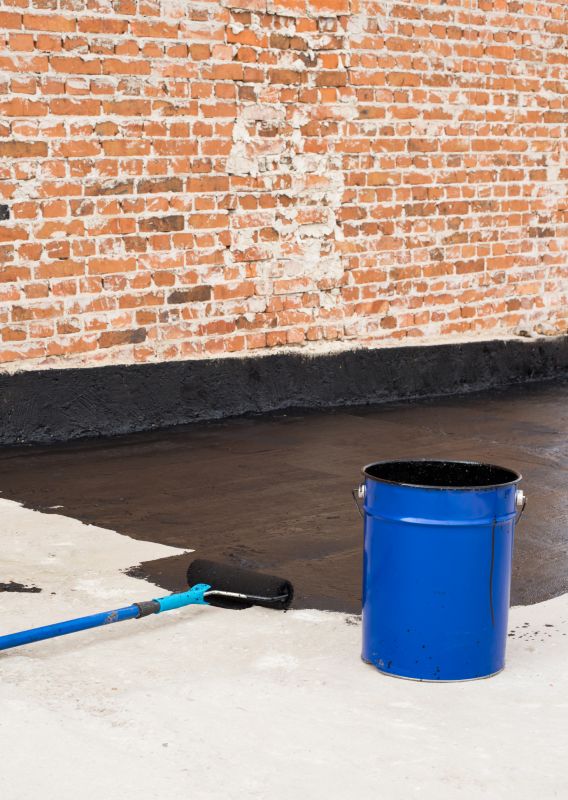
The short, realistic tool list for quality Waterproofings.
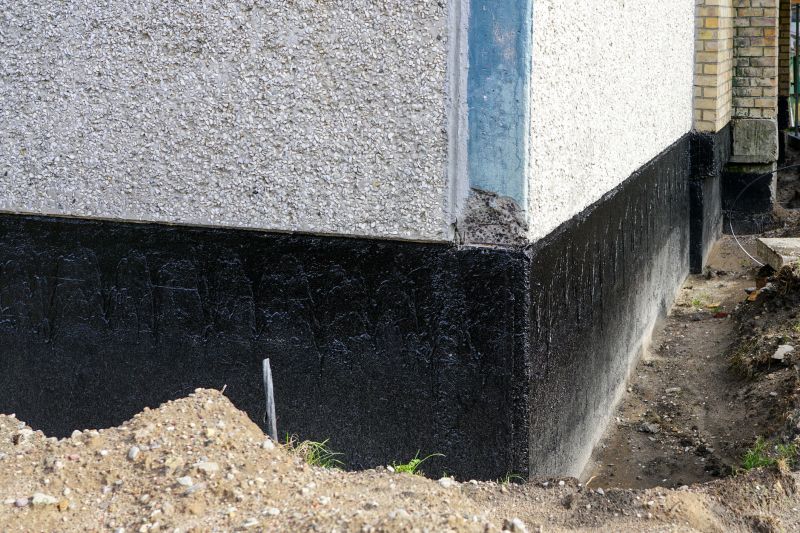
Rough timing from prep to clean-up for Waterproofings.
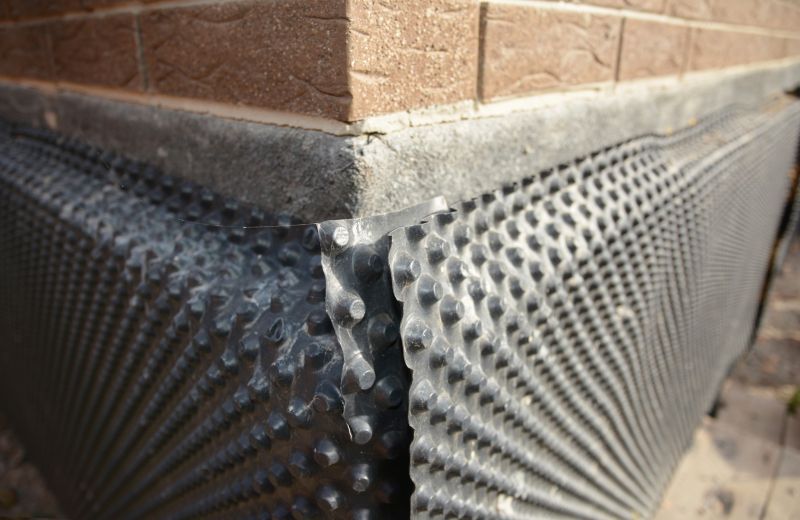
Quick checks and paperwork to keep after Waterproofings.
Interested in waterproofing services? Filling out the contact form can provide more information about available options and scheduling. Properly timed waterproofing can significantly enhance the durability and performance of structures, making it a valuable investment for property owners in Aurora, IL.

